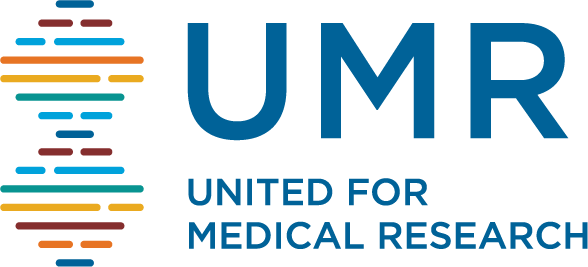COVID-19 and Blood Type
Blood type is not associated with a severe worsening of symptoms in people who have tested positive for COVID-19, report Harvard Medical School researchers based at Massachusetts General Hospital. Their findings, published in the Annals of Hematology, dispel previous reports that suggested a correlation between certain blood types and COVID-19.
